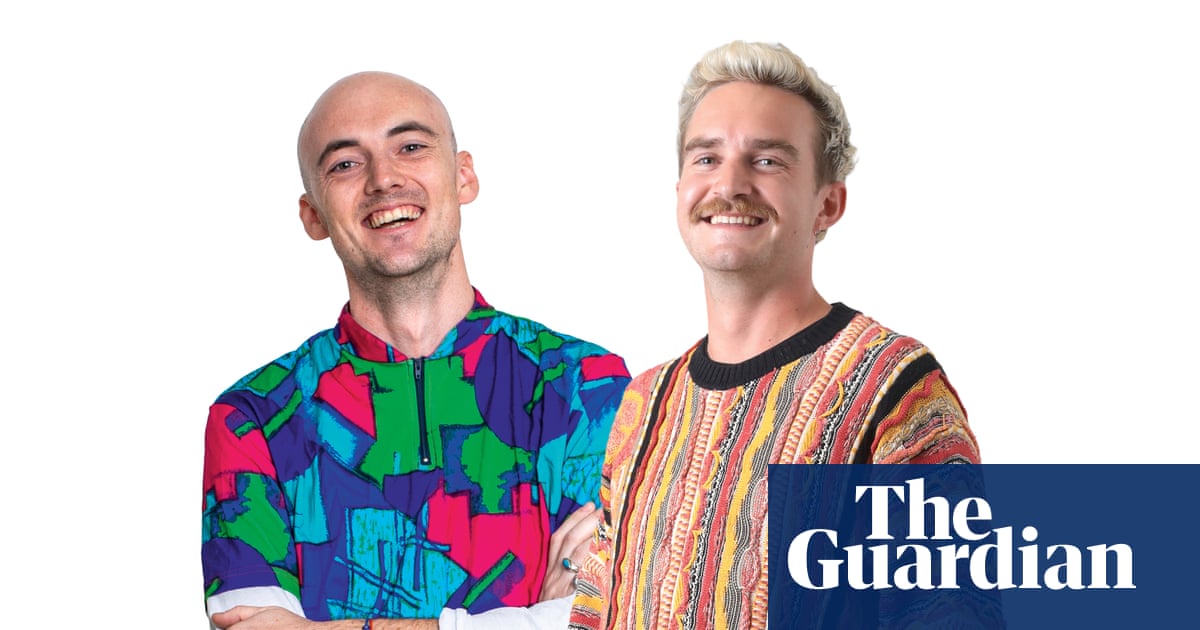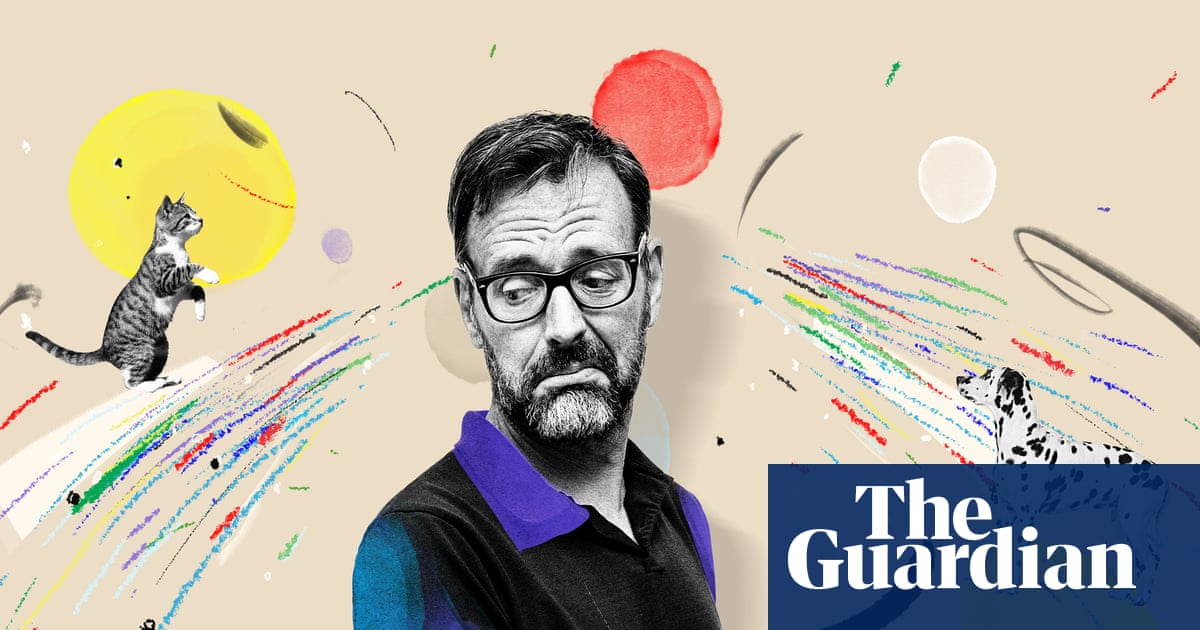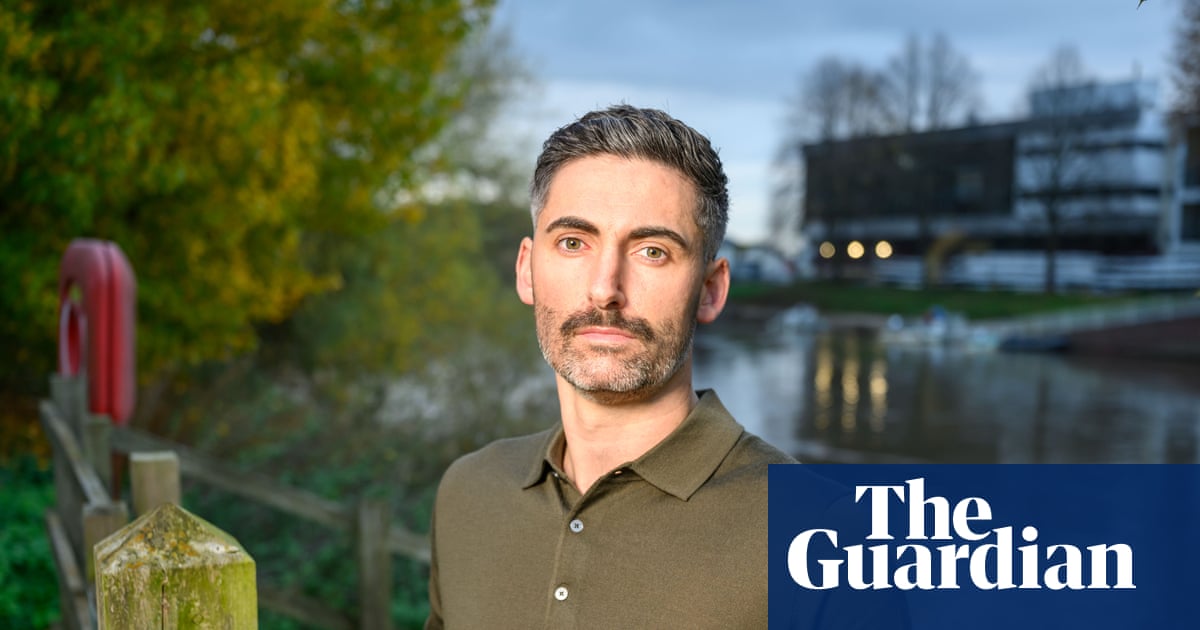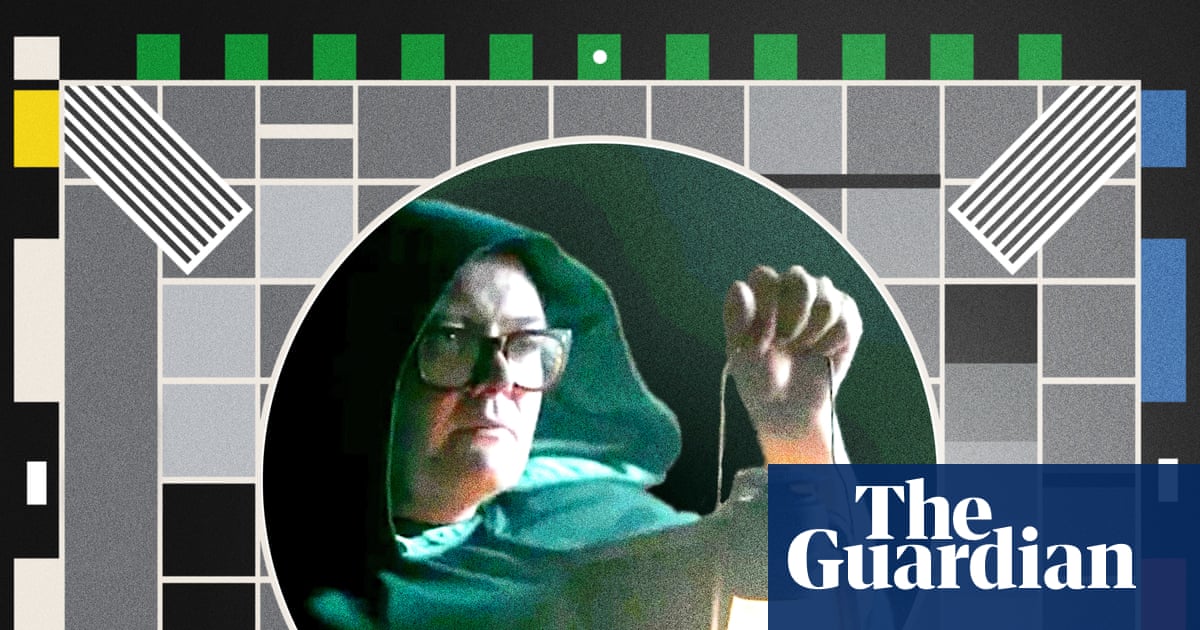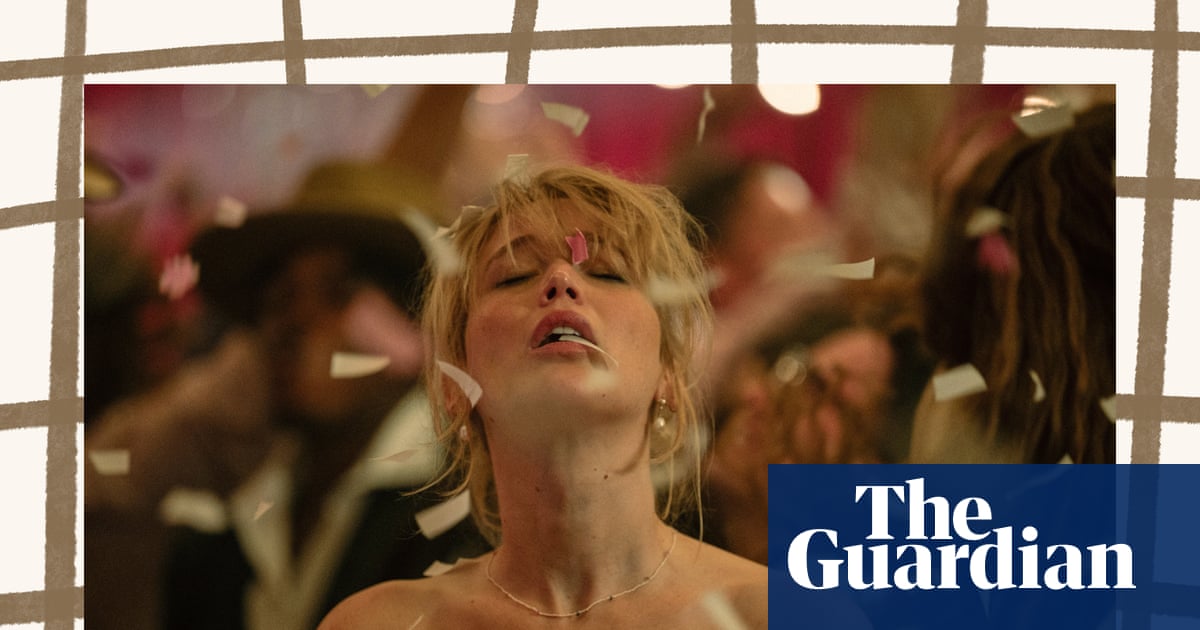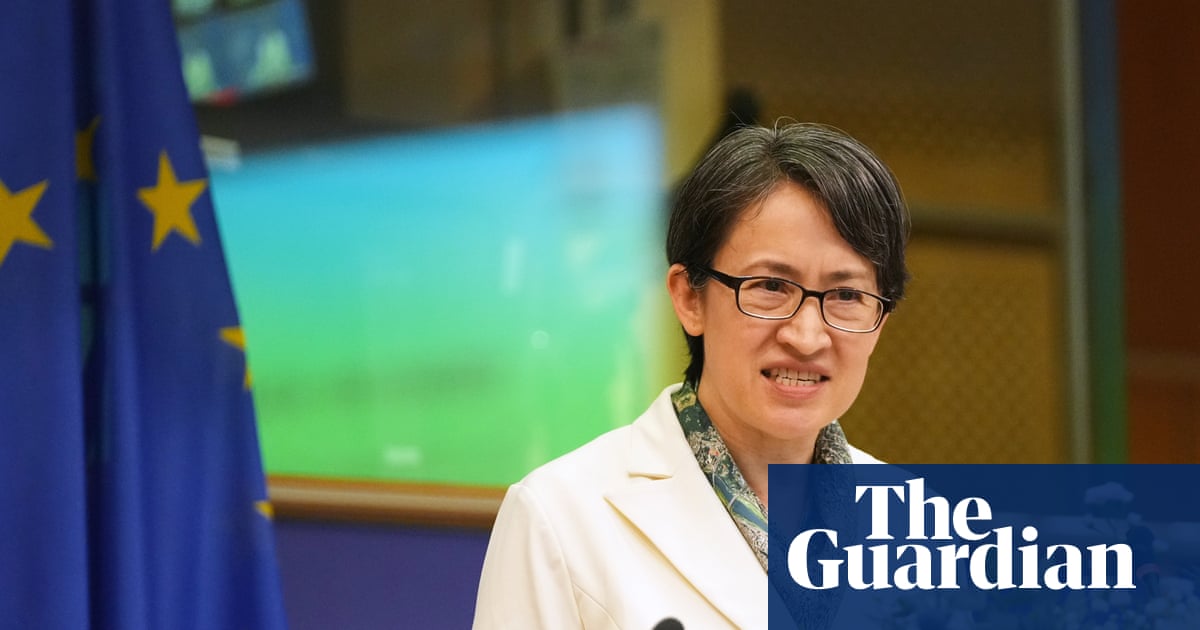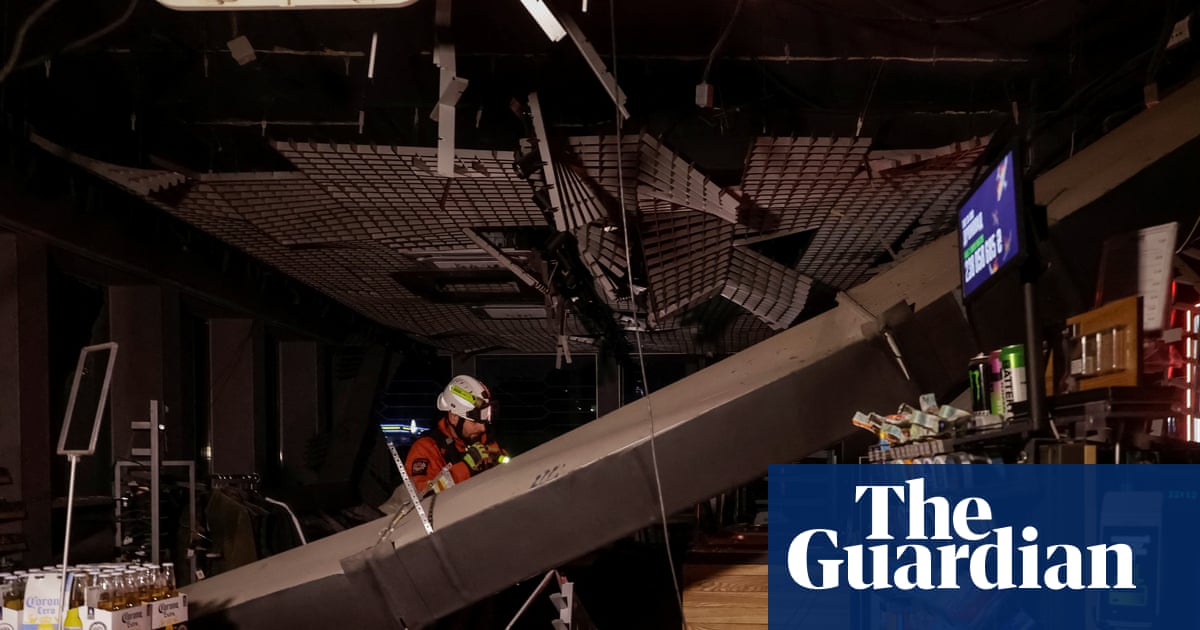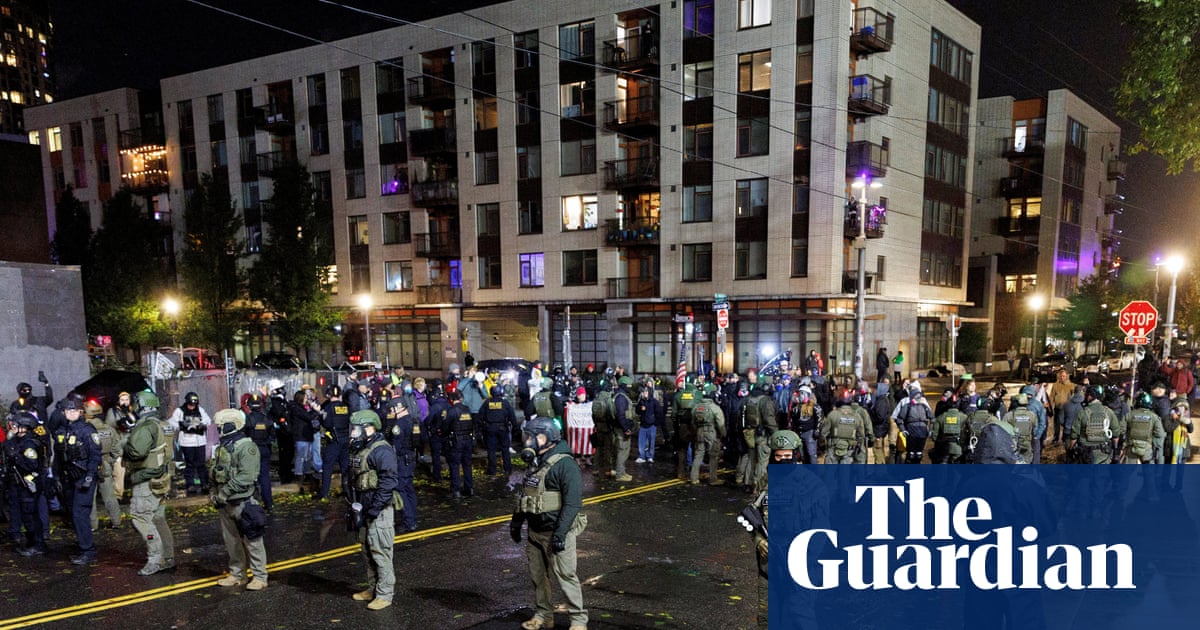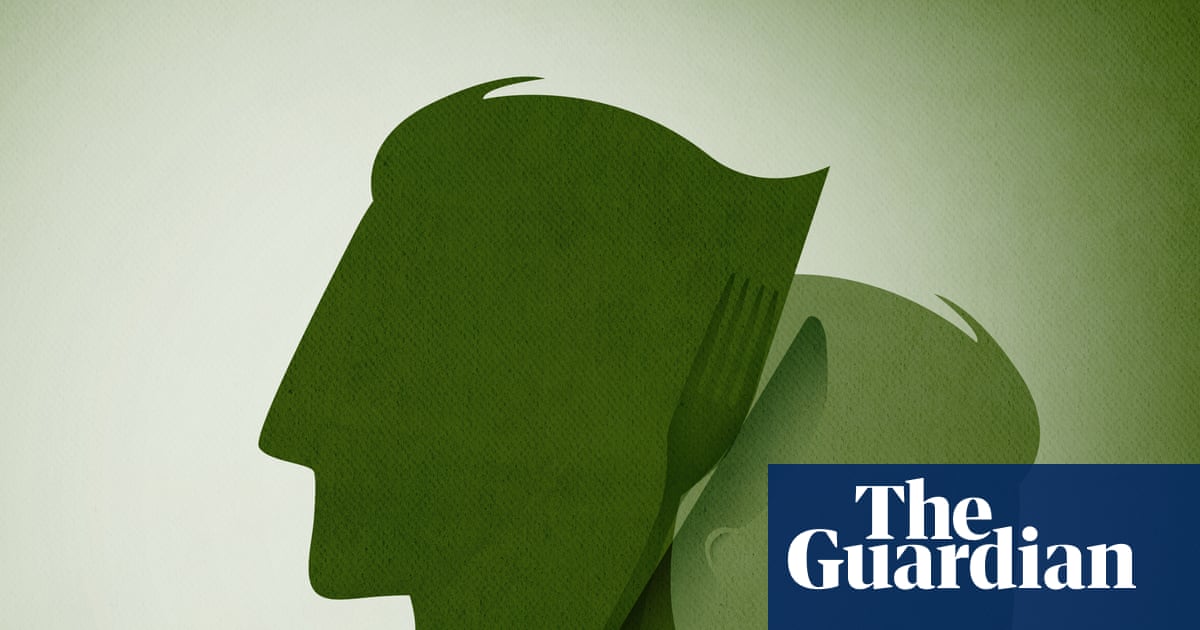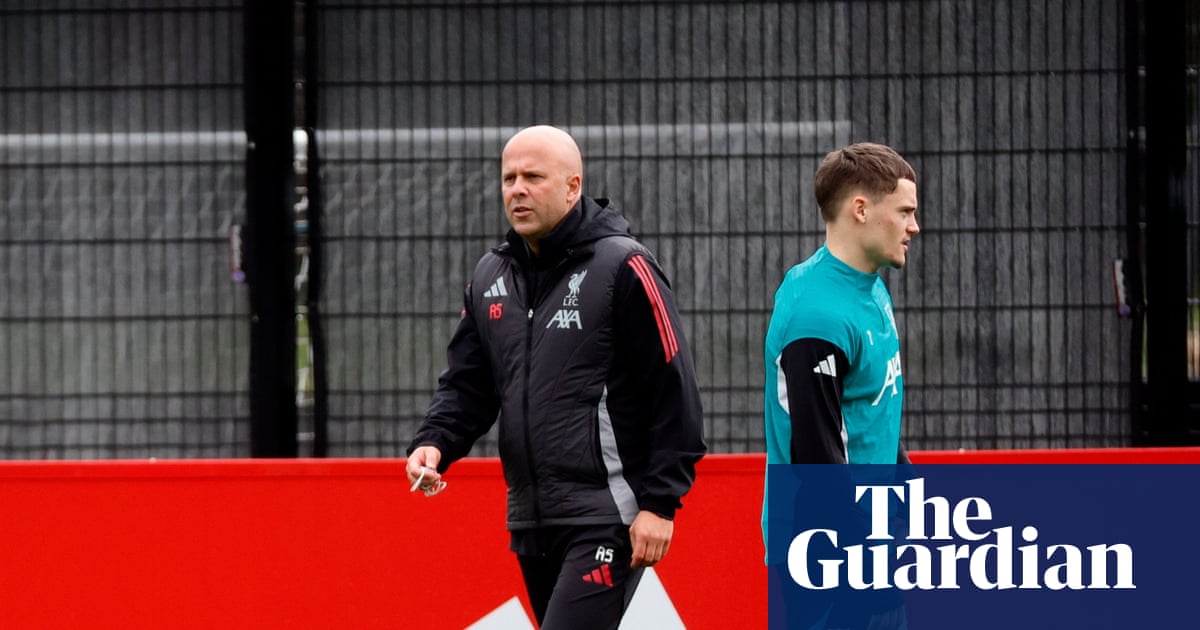‘My first thought,” says Thanyia Moore, “was there has to be a show in this.” The comedian is talking about what happened when her debut Edinburgh festival fringe show flipped from fun into misfortune. Standups often embrace personal tragedy, spinning it all into material – and that was certainly the case with Moore, three years ago. The former dancer from London had a 10-year buildup to her first fringe show – a deliberately light introduction to her world. She’d become known as a consummate MC, won the Funny Women award in 2018, and was breaking into TV as an actor and writer. Moore wasn’t even sure she wanted to do the fringe. “I’ve never been enticed or influenced,” she says, “by what people think you should do.” But then came an offer from Soho theatre’s production arm, and the chance to prove she could build an hour of standup from scratch persuaded her to head to Scotland.
Compared to other debutantes – who are generally battling crushing financial and career pressures – Moore felt relaxed. Her show’s run was paid for, she’d had time to finesse it, and she’d just got to grips with some huge personal news: she was pregnant. She decided to keep this to herself, but take it easy, turning down other gigs to focus on her solo show.
The previews went well. She was excited. Then, showering before her first show, she saw blood. Moore recognised the signs: she had had a miscarriage before. What happened next is the subject of August, a show she begins performing in Edinburgh next week, which takes us through the Scottish NHS, her diagnosis of ectopic pregnancy, and travelling to London for surgery before rushing back to the fringe to finish her run. It’s a show about coping, about powering on when the whole world wants you to stop.
In August, Moore reflects on her tendency to push loved ones away and look for distractions in work and humour. She ignored concerned messages and filled her schedule with up to nine shows a day. There was, she says, an element of “running from friends and family who wanted to look after me. But I’m very spilt milk – there’s nothing I can do. The other option was to stay at home with people telling me to rest and asking if I’m OK. That’s not going to change the situation. Why not go to the place where nobody knows what’s happened and just be treated the same?”
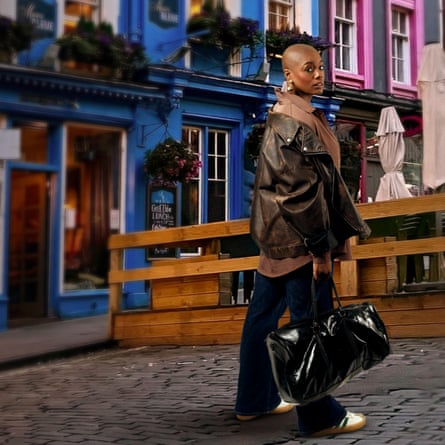
The comedian’s instinct to think about her experience as a future show “gave me relief and lightness”. She passed off her brief disappearance as a groin injury sustained during a dance number in the show. And then there were all the distractions of Edinburgh during the festival. “From someone sunbathing half-naked in the middle of the meadows,” she recalls, “to grown men walking round in wizard outfits. That’s what I love the fringe for – I didn’t have to think about anything sad.
Many weeks later, she started making an effort to confront her feelings. “I was throwing myself into different types of therapy: breath work, womb work, tea-drinking, tree-hugging. It wasn’t until the next year that I probably had my first cry.”
She admits now that she was grieving. “I’d never been attached to becoming a parent,” she says. “That took ages to get my head around – and now I had to unpick it.” There was the physical side, too: “I also was like, ‘Why does my body not do the thing it’s supposed to do?’ I feel sad when I think, ‘Babes, you really went through it – and you just carried on. You need to be kinder to yourself.’ I won’t be, because this is who I am, but there are days where I’m like, ‘That’s heavy.’”
Working on the show gave Moore space to process. After considering writing it as theatre, she returned to comedy as she had rarely seen this topic broached with humour. “I was obsessed with not making it a sad show,” she says. “My focus was to make sure the audience felt safe to laugh when I wanted them to laugh, feel when I wanted them to feel.” The result is funny, of course, yet surprisingly light. “I’m telling you the truth. And the truth is, ‘I don’t like being sad all the time.’”
Does it feel contradictory to write about dwelling in sadness in a show that revisits her experience every day for a month? Moore hopes August shows that not everyone grieves in the same way, and that’s OK. At previews, audience members have shared stories, not just of miscarriage and ectopic pregnancy. “People have resonated with losing something and carrying on,” she says. “If your friend’s sad, then asking every day ‘Are you all right?’ is reminding them every day that they might not be. Just get through it, babes, and try not to stay there too long.”

 3 months ago
52
3 months ago
52


